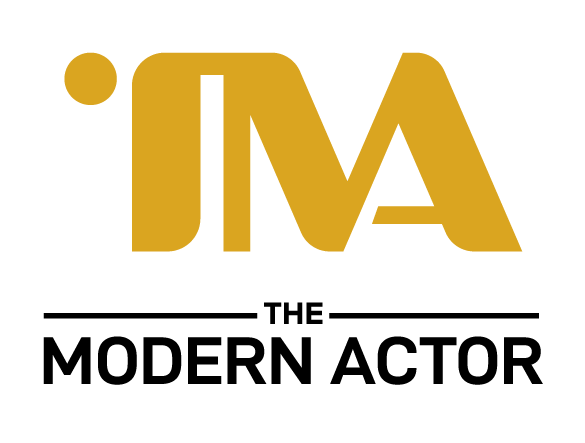Why You Need to Read the Work a Monologue is From
This article first appeared on Backstage.com
Written By Eddie Ramos
June 21, 2019
The way I see it, any additional information that helps me understand my character and the monologue I’m working on is as good as gold. After all, actors are often required to make something out of very little. Consider this example: Imagine you’re working on a monologue that involves your character on trial for a crime you may or may not have committed. You can make up a backstory and a moment that happened before this event, but you need more than that. You need to know whether what you’re saying is the truth or a lie to cover up a heinous crime. Getting this information from the rest of the work will help you make compelling choices when performing the monologue.
Actor Mads Mikkelsen affirmed, “The script is always the main preparation for me. Sometimes you have a period piece where you have to research around it, but if the writers have done their homework well enough, the information is all in the script.”
So when you read the play or screenplay you can work on the monologue and make informed choices, thus making your overall performance much greater. That’s not the only benefit though. Here are the reasons why you should read the script.
THE SCRIPT IS THE BIBLE
Let us quickly define what a script or screenplay is. It’s a set of directions set forth by the writer to be translated from the page to the screen or the stage. For actors, the script is “the bible.” It provides actors with necessary wisdom to live by. If you’re finding a monologue online or in a book, it will typically lack context and valuable detail about the story. Therefore, reading the script before tackling the monologue gives you the added information you need to fully comprehend the speech you’re delivering.
HARD WORK PAYS OFF
Being an actor people respect might matter to you. It should. And how do you gain people’s respect? By having an incredible work ethic. For some, a monologue can be a walk in the park. You can work on it alone and they are fairly easy to memorize. However, working on a monologue requires the same amount of hard work as a scene does. Consider the full story you want to tell in your monologue. How will you ensure that you get what you want in telling this story? How will you affect the person you are talking to?
Reading the literature beforehand makes you a well rounded and intelligent artist, one people will want to work with. It has been my experience that during producer and director callbacks the creative team appreciates an actor who can discuss the piece from a larger perspective than just the character’s own. It shows that you care and frankly you should. It’s your job and responsibility to care. That’s what acting is all about.
READ: 3 Strategies To End Self-Sabotage
It Will Help You Connect The Dots
Actors are very good at connecting the dots. We’ll even connect dots that aren’t necessarily there. Our imaginations give us the ability to create a realistic performance, with limited information. However, reviewing the script or the play beforehand will earn you a much deeper understanding of the world of the project. The story, tone, genre, relationships, given circumstances, and overall objective for your character can all be gathered from the script and will enhance your performance. Connecting the dots more knowledgeably brings together the whole picture, which is more easily comprehensible for the viewer. It guarantees you know what you’re doing in the room.
WHAT IF YOU DON’T HAVE TIME TO READ THE SCRIPT?
There will be a time when you won’t be able to read the script, even if you have it. Everyone has days where they’re juggling so many things at once that they don’t get to work on their monologue until late at night, making reading 60–200 pages simply out of the question. Another common scenario is receiving two or more auditions all due the very next day!
So, what can you do in situations like these? This method should give you enough context to perform your monologue with confidence when in a time crunch: Read the first 10 pages, read every scene your character appears in, and read the last five pages.
Understand the importance that an actor is required to read the source material and make it a goal to incorporate reading the script into your process from here on out. You have the power to reduce confusion and friction between your performance and the screenplay by taking this step.



